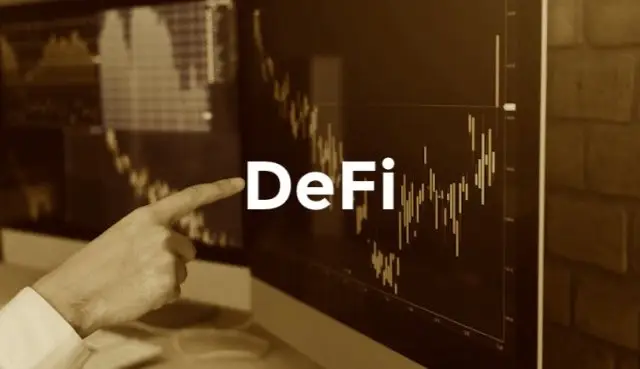DeFi Under Attack, $1.5B Stolen In The Top 5 Crypto Thefts Of 2022

The year 2022 proved to be prosperous for harmful actors.
During the year 2022, several cryptocurrency startups faced financial difficulties and insolvency. Forbes reports that in addition to these obstacles, approximately $3 billion was stolen from cryptocurrency projects in 2018. These losses have thrown the sector into disarray and sparked doubts about its stability.
According to the research, there were more than 125 hacks on cryptocurrency projects, with the top five thefts (all utilizing decentralized finance (DeFi) protocols) accounting for $1.48 billion of the total amount taken.
DeFi Protocols Lost Most in 2022
Forbes said that cross-chain hacks, code exploits, and flash loan assaults are among the top five largest crypto heists.
The top five hacks include the $625 million exploit by Ronin Network, the $325 million heist by Wormhole, the $190 million hack by Nomad Bridge, the $182 million flash loan attack by Beanstalk Farms, and the $160 million exploit by Wintermute.
According to the data, DeFi attacks account for around 49% of the total money hackers have taken this year. DeFi protocols lost 75% of their value locked (TVL) in 2022, according to data from blockchain analytics company Elliptic, resulting in less investment in the field. However, this also explains the falling asset values.
TVL from DeFi protocols decreased from 166.58 billion at the beginning of 2022 to $39 billion in December, according to data from DeFi Llama.
Cross-chain bridges, which facilitate the exchange of tokens across blockchains, were the top target for hackers in 2018, according to research by Forbes. Hackers stole over $2 billion from blockchain bridges in 2022, representing 70% of total crypto theft.
Hackers Love DeFi
DeFi has become a beloved hacker playground despite its singularity, according to the reports. However, how is this occurring?
According to the Blockchain analytics platform Chainalysis, most thefts in the DeFi area result from defective innovative contract software, which has been exploited to steal money from protocols.
The paper highlighted that due to the open-source nature of the DeFi ecosystem, anybody, including hackers, may search for flaws or faults and develop exploits in advance.
Comments
Post a Comment